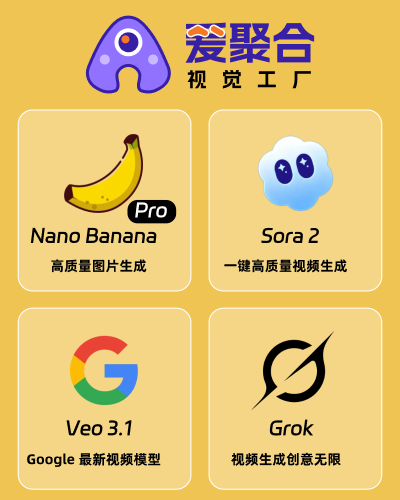










Non Factoid Question Category classification in English
NFQA model
Repository: https://github.com/Lurunchik/NF-CATS
Model trained with NFQA dataset. Base model is roberta-base-squad2, a RoBERTa-based model for the task of Question Answering, fine-tuned using the SQuAD2.0 dataset.
Uses NOT-A-QUESTION, FACTOID, DEBATE, EVIDENCE-BASED, INSTRUCTION, REASON, EXPERIENCE, COMPARISON labels.
How to use NFQA cat with HuggingFace
Load NFQA cat and its tokenizer:
from transformers import AutoTokenizer
from nfqa_model import RobertaNFQAClassification
nfqa_model = RobertaNFQAClassification.from_pretrained("Lurunchik/nf-cats")
nfqa_tokenizer = AutoTokenizer.from_pretrained("deepset/roberta-base-squad2")
Make prediction using helper function:
def get_nfqa_category_prediction(text):
output = nfqa_model(**nfqa_tokenizer(text, return_tensors="pt"))
index = output.logits.argmax()
return nfqa_model.config.id2label[int(index)]
get_nfqa_category_prediction('how to assign category?')
# result
#'INSTRUCTION'
Demo
You can test the model via hugginface space.

Citation
If you use NFQA-cats in your work, please cite this paper
@misc{bolotova2022nfcats,
author = {Bolotova, Valeriia and Blinov, Vladislav and Scholer, Falk and Croft, W. Bruce and Sanderson, Mark},
title = {A Non-Factoid Question-Answering Taxonomy},
year = {2022},
isbn = {9781450387323},
publisher = {Association for Computing Machinery},
address = {New York, NY, USA},
url = {https://doi.org/10.1145/3477495.3531926},
doi = {10.1145/3477495.3531926},
booktitle = {Proceedings of the 45th International ACM SIGIR Conference on Research and Development in Information Retrieval},
pages = {1196–1207},
numpages = {12},
keywords = {question taxonomy, non-factoid question-answering, editorial study, dataset analysis},
location = {Madrid, Spain},
series = {SIGIR '22}
}
Enjoy! ?
数据评估
本站OpenI提供的Lurunchik/nf-cats都来源于网络,不保证外部链接的准确性和完整性,同时,对于该外部链接的指向,不由OpenI实际控制,在2023年 5月 26日 下午6:06收录时,该网页上的内容,都属于合规合法,后期网页的内容如出现违规,可以直接联系网站管理员进行删除,OpenI不承担任何责任。










 粤公网安备 44011502001135号
粤公网安备 44011502001135号